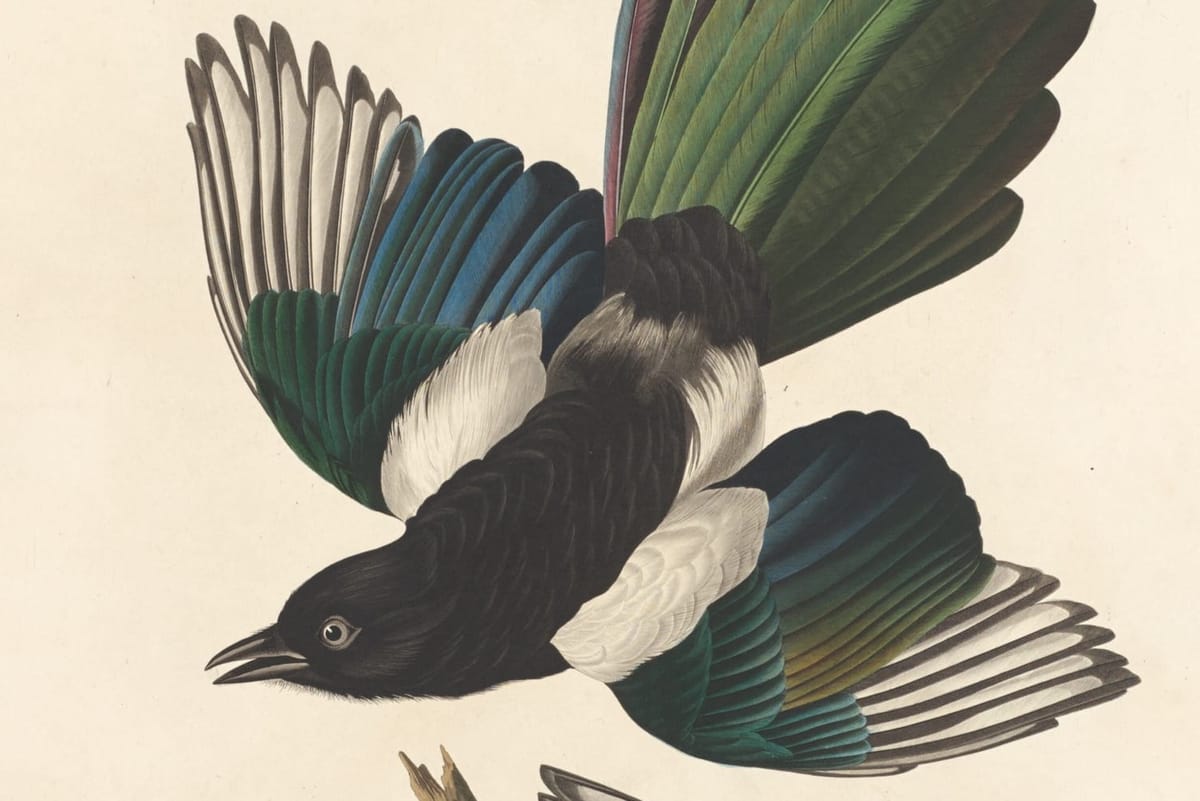I'm trying something new here.
Reviewer, too is a new newsletter synthesizing the frontiers of complexity, astrobiology, and origins of life research — and an attempt at bridging journalism and scholarship. I hope you'll join me!

Hi, welcome to Reviewer, too. If you like astrobiology, complexity, or origins of life research, you're in the right place. I'm Elise, a PhD-dropout science journalist who writes about physics and physics-adjacent research for magazines like Quanta, Scientific American, and New Scientist, and I share your enthusiasm.
I'm trying something new here.
R2 is an attempt to reconcile my scientist past with my journalist present. It's a project in two parts: a regular newsletter and yearly-ish "journalistic review" paper synthesizing research at an open frontier in astrobiology, origins, or complexity. That's the weird bit. More below.
I hope you'll consider subscribing to join me on this new endeavor. Signing up is free and unlocks the comments section — more than anything, I hope this thing can grow into a community of people united by a shared interest in some of the most fascinating questions science has yet to answer.
Who are you?
I'm Elise, a former bacterial slime enthusiast geobiologist who dropped out of a PhD program at MIT to move to Austria and become a freelance science journalist. Somehow that all worked out fine. These days, I write about science — mostly planetary science, physics, and other fields physicists like to invade — for magazines. My interest in complexity science, astrobiology, and origins arose through an unlikely series of events that started with a Star Trek parody musical (no joke) and ended with me joining an origins of life journal club at Caltech as an undergrad in 2015. I've been fascinated by the question of how disorganized, simple parts assemble into organized, complex wholes ever since.
Besides science, I like languages and birds. You can get in touch with me via email (elise@reviewertoo.com) or on Bluesky.

Why should I sign up for your newsletter?
Because it'll help you stay on top of complexity, astrobiology, and origins while also digging deeper into topics from those fields that you might not otherwise have spent much time with. It consists of monthly paper roundups and wildcard posts.
Paper roundup
There are just too many damn papers these days. Paper roundups are my answer to the ballooning problem of academic paper overload.
On the first Friday of each month, I post a curated list of interesting, enraging, or otherwise noteworthy papers from complexity, astrobiology, and origins of life research with some short commentary on a few highlights. I do this all by hand, so any embarrassing omissions, unwarranted inclusions, or typos are 100% human error and 0% AI hallucination. The first one is coming out soon!
Recommendations are welcome. Send them to elise@reviewertoo.com.

Wildcard posts
In-between paper roundups, I'll share wildcard posts at least once every two weeks, but often more frequently. This could be anything from a breakdown of a classic paper, a profile of or Q&A with a researcher, a book review, commentary inspired by a news article or podcast episode, an article in the style of a magazine feature or news story, a personal essay, or — around Valentine's day — an attempt at research collaboration matchmaking. The point is variation and experimentation. If some formats are especially popular, I'll do more of them.
In the future, I might do series. For instance, I could imagine doing a series of short profiles or Q&As with leading complexity scientists or astrobiologists or a series of essays related to papers from the Foundations of Complexity Science collection. Suggestions for wildcard posts are always welcome!
What are "journalistic reviews?"
So far so normal. Here's the weird part: about once a year, I'll publish a "journalistic review" synthesizing research at an open frontier of astrobiology, origins of life research, or complexity science.
I'm trying to do something new here. Academics write review papers all the time, but they're... well, academic. They're not typically accessible to the uninitiated. They conceal a lot of important context behind academic norms, like just citing papers and leaving it up to the reader to figure out which groups led by which scientists are championing which hypotheses. And most of them read like cardboard tastes. On the other hand, journalists write tons of accessible science content. But as proud as I am of my magazine articles, they exist to inform or entertain first and further scholarship... not at all.
So, there's a gap in the science writing landscape: a wide canyon between in-depth magazine features on one side and academic review articles on the other.
Journalistic reviews are my answer to that gap. They will be something like 3 parts review paper, 1 part magazine feature. In addition to reviewing academic literature, I'll also incorporate material from interviews to share a bit of the human side of research — and I do this not just to be entertaining, but also useful. Science is done by people, it doesn't just fall out of the sky. So wouldn't it be helpful to be able to know a bit more about the people behind the citations? Wouldn't it be nice, as an early career researcher overwhelmed by literally everything, to know which big-name principle investigators in your subfield have decades-long science beef? Wouldn't it be useful to know more about your colleagues' motivations and worldviews as they relate to their science?
Welcome, anonymous lurker! If you're already here, why not sign up to get R2 in your inbox and join the conversation in the comments section?
This project relies on your support!
I was inspired to start this project by Virginia Trimble, an astrophysicist and one of the first women to graduate from Caltech. She's known not only for her research, but also for the thorough comprehensive reviews of astrophysics research that she published every year for several decades. Trimble's reviews are well known not only for being thorough and useful, but also hilarious.
After learning about Trimble and her reviews, I immediately thought: hey, I'd love to do that job! I'm not in academia anymore, but I'm itching to contribute to scholarship instead of just summarize it. So, what's stopping me from writing reviews?
The answer is pretty boring: money. As a science journalist, I get paid when I write for magazines and newspapers. Publishing in academic journals costs money — and that's assuming the editors would even consider publishing something by an unaffiliated "independent researcher." Luckily, there's the arXiv. I could just slap my reviews up there for all to see and cite. But nobody would be paying me to do that.
Well, I'm taking a risk and betting that enough of you nerds out there are interested in complexity science, astrobiology, and origins of life research to support more writing about it.
I know that funding a new, weird kind of academic-ish writing you've never seen before is a big ask. That's why R2 is a twice-monthly newsletter, too, not just a long-term, twice-yearly project. You get something right away. And more than anything, my hope is that we can build a nice little community of people interested in astrobiology, origins, and complexity along the way.
How to support R2
I'm just getting started here, so there's a lot you can do. The best way to help ensure this project keeps going is to spread the word and consider becoming a paid patron; ultimately, I'll need your support to keep this going.
- Stop lurking and subscribe! It's free. You'll get R2 straight to your inbox and unlock the comments section.
- Become a paid patron for the low low price of 1 cappuccino per month (after Austrian taxes and credit card fees)
- Become a founding patron by funding the equivalent of my entire monthly cappuccino habit.
- Follow me on Bluesky
- Participate in the comments section
- Share R2 with your friends and colleagues
- Recommend papers for the monthly paper roundup
- Suggest patron benefits
Well, here goes nothing. See you in the comments!


